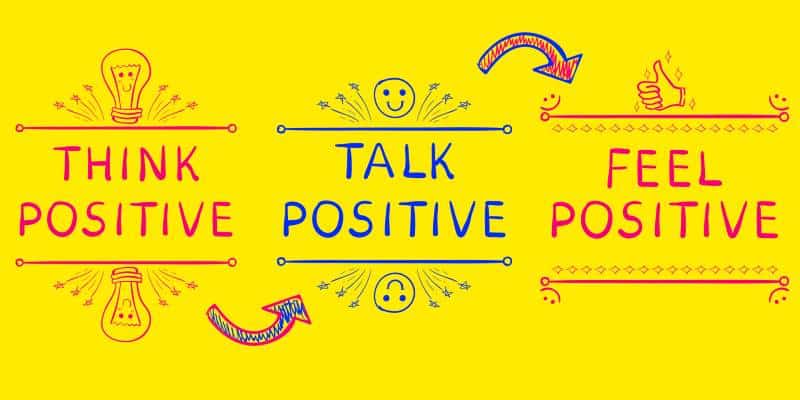The past few weeks have seen a lot of organizations questioning how their activities, and those of their leaders, can negatively impact corporate success. Company shareholders are even getting into the act. As recently reported in the Wall Street Journal, shareholder resolutions have called upon Home Depot and its agency group, Omnicom, to investigate whether their social media buys funded platforms that spread inappropriate content.
In essence, shareholders are using the weight of their investments to press organizations for more effective content moderation. Whether this trend will continue remains to be seen, but it’s a reminder to all companies that advertising and marketing aren’t simply window dressing to boost sales. These activities are a direct reflection of the companies that engage in them. As a result, choices matter.
Social Responsibility in Social Media
Social media is an especially important channel to evaluate due to its ubiquity. Per a Pew Research Center study, a majority of Americans now read most of their “news” on social media. Consequently, a meaningful social media page can help an organization reach customers who spend more time on Facebook or LinkedIn than they do on traditional websites.
Large organizations even have social media “monitors” (either human or software-based) that skim their feeds for chatter, especially after a new product or service launch. They recognize it’s important to know whether the product or service — and the messaging they are using to promote it — is being viewed in a positive or negative light.
Some companies have discovered accidentally that “negativity” can occur in a seemingly innocuous way. For instance, when Apple was launching a music service, they were going to give music away for three months. Singer Taylor Swift tweeted that she wasn’t happy and it wasn’t fair. So strong was the backlash from Swift’s followers that within 24 hours Apple had reversed its policy on music.
Competition Does Not Require Condemnation
Prudent organizations take the same approach to negativity in advertising. Negative (e.g. “attack”) ads work in the political arena, and companies in most industries can derive a quick boost from attacking their competitors. However, responsible marketers understand that negative branding is technically a form of corporate sabotage, and being perceived as ethical is more valuable in the long run than making headlines. Furthermore, these approaches can backfire on the firm that engages in them.
A perfect example is the Pepsi commercial where a child purchases two cans of Coca-Cola and then stands on the cans so he can reach high enough to push the button for Pepsi. Although the Pepsi ad was quickly banned from being shown, varied reports indicate that while the ad was airing it gave a greater boost to Coca-Cola’s sales than Pepsi’s.
The Pepsi vs. Coca-Cola war is a long-running battle, and both sides have taken their shots. That’s the risk all companies assume when they engage in negative branding. Not only may consumers be turned off by these approaches, but competitors can turn the tables and fire back.
This post is courtesy of MMC Content Manager Jennifer Farwell



